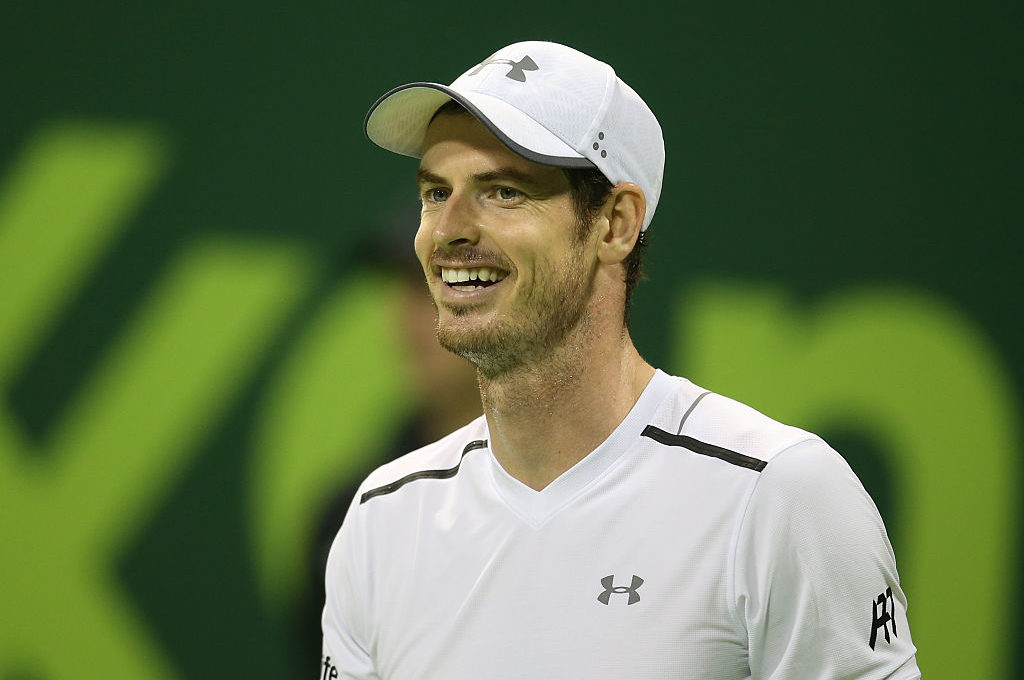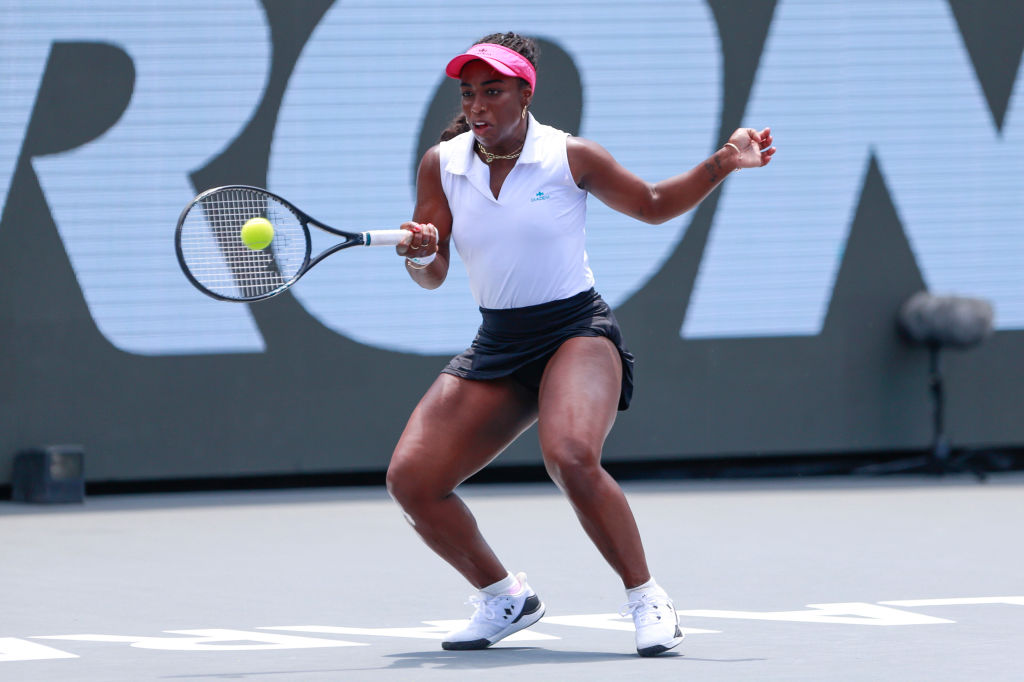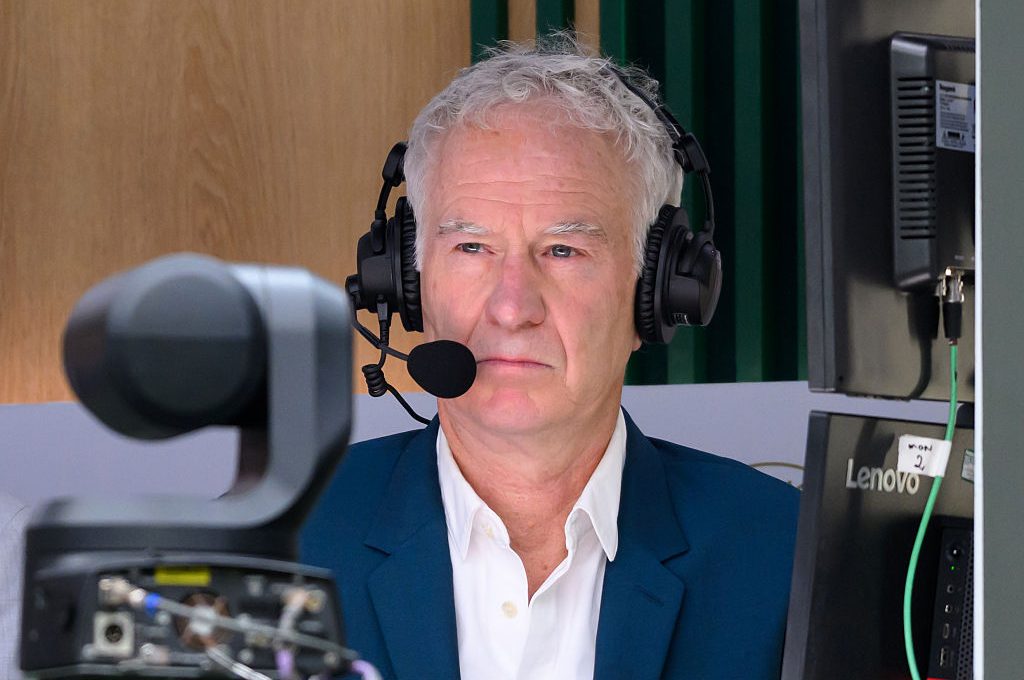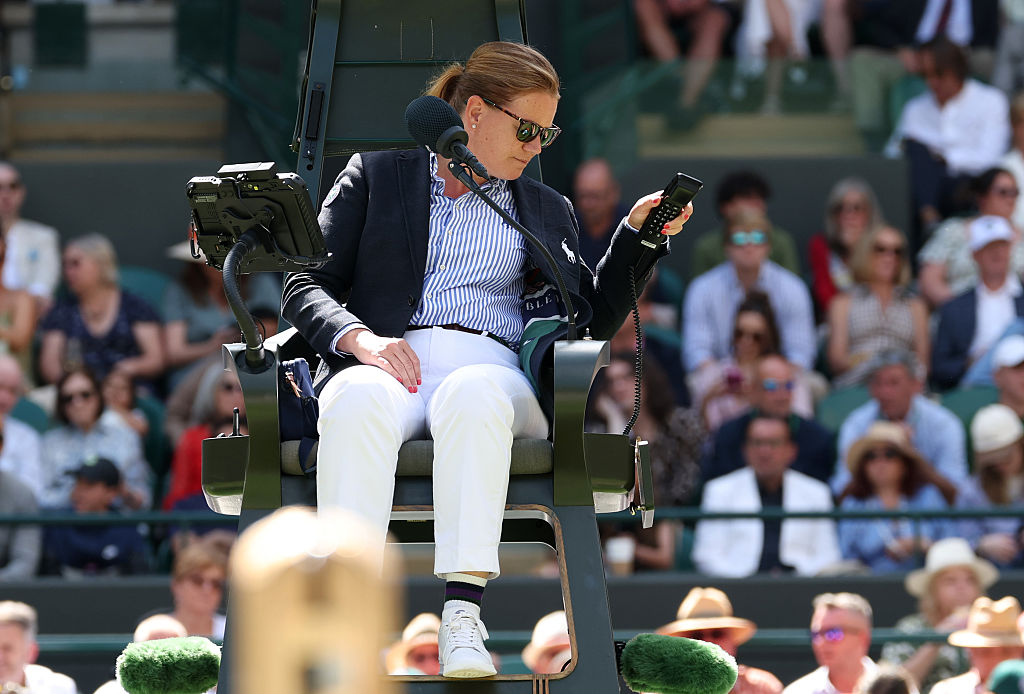Cancel culture has hit the world of tennis — again. Top British player Andy Murray has reignited a torturous debate about Australian tennis legend Margaret Court, and the court named in her honor at Melbourne Park, home of the Australian Open.
The now 78-year-old Court, you see, is not just one of the greatest tennis players ever (she won more grand slams than anyone else), she is also now a hardline Christian minister who has made various anti-gay comments, and even had some warm words for Apartheid South Africa back in the day.
Andy Murray, talking to Pride Life magazine this week, once again lent support to the years-long campaign to rename the Margaret Court Arena. ‘When you get to the Australian Open you want to concentrate on the tennis. Court’s views detract from that’, he said. ‘I don’t think her values are what tennis stands for.’
Murray previously hinted at a boycott of the Australian Open in 2017 over Court’s comments. Surprisingly, he didn’t miss the tournament in the end, and given he happily participated in the Qatar Open that year, where it is literally illegal to be gay, we might have cause to question his consistency on these ‘values’ that tennis apparently ‘stands for’.
Still, he’s not the only tennis star who feels strongly about this. Martina Navratilova, who has been on the receiving end of some of Court’s anti-gay comments, has suggested the arena should be renamed after Evonne Goolagong Cawley, a former Australian women’s No. 1, who is of Indigenous background. John McEnroe joined Navratilova in a protest at the Australian Open this year, a day after Court was presented with an award.
Undoubtedly, Court has said some unpleasant things. She said in 1990 that Navratilova was a bad role model to young people because she was gay (‘It’s very sad for children to be exposed to [homosexuality]’). In 2017, she again bemoaned the fact that ‘tennis is full of lesbians’ and also thinks transgenderism is essentially the work of the devil.
But this is hardly surprising given she is a Christian minister who holds to a literal interpretation of scripture. While many will find her views offensive, to suggest this disqualifies her achievements from being celebrated is to support a kind of religious test for the sporting greats we are and aren’t allowed to admire.
This increasingly seems to be the case in Australia, which was particularly roiled by the gay-marriage debate. Last year, Australian rugby player Israel Folau was sacked by Rugby Australia after he said on social media that gay people should repent or face hellfire. He now plays in France.
But while these cancellation campaigns might be limited for the moment to hardline Christians, it might not always be this way. Once you concede that political, moral or religious convictions can, in effect, disqualify people from their role in professional sport, there’s no saying where that might end.
Indeed, Martina Navratilova, who has spoken out against male-bodied trans women competing in women’s sport, was dropped as an ambassador by an LGBT sports organization last year.
The recent rage against statues, the demands that buildings be renamed, and the desire to ‘cancel’ certain sportspeople, is all driven by a fundamentally ridiculous proposition: that when we celebrate someone for their achievements we implicitly celebrate everything else he or she ever did, thought or said.
But this is a bad road to go down, and not that long ago more people seemed to recognize this.
When there were calls to rename the Margaret Court Arena back in 2012, Billie Jean King, the outspoken feminist American player and lesbian with whom Court has battled on and off the court since the Sixties, came to her defense. ‘Get rid of her for that?’, she said. ‘Because you don’t agree with her? Are you kidding? Please. She deserves it. She’s a great player.’
***
Get a digital subscription to The Spectator.
Try a month free, then just $3.99 a month
***
By 2018, King had joined the calls for it to be renamed. Apparently, it was Court’s comments about transgender kids being influenced by the devil that finally pushed her over the edge.
But there is nothing liberal or progressive about insisting that only people who hold to today’s values should be allowed their place in sport. Sports bodies would do well to resist this relentless politicization.
This article was originally published on The Spectator’s UK website.

























